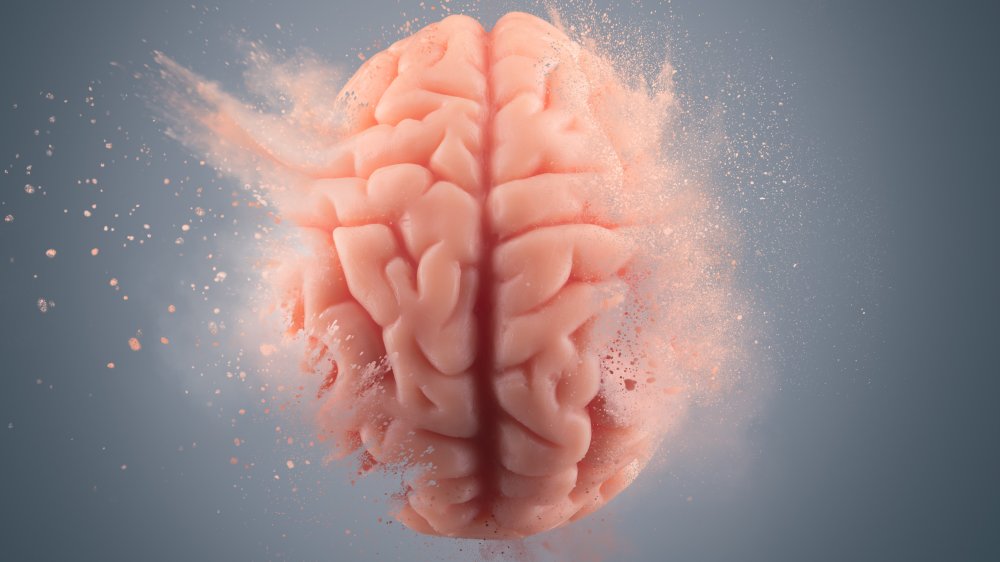What Happens To Your Body When You Compulsively Lie
We all have had an occasion to lie – sometimes about cherry trees, like George Washington, and other times, just to be polite. There is a difference between social niceties and pathological lying, though. But where is the line, and what happens when we cross it?
Dr. Tali Sharot, Professor of Cognitive Neuroscientist at University College London's Department of Experimental Psychology, shed some light on this issue in a statement she gave about a recent experiment. Our amygdala produces a negative effect that limits our willingness to lie, but "this response fades as we continue to lie, and the more it falls the bigger our lies become. This may lead to a 'slippery slope' where small acts of dishonesty escalate into more significant lies."
What this fact suggests is that there might be a neurological component to how we approach telling the truth. If, the Encyclopedia of Deception points out, everyone habitually lied to the point we could no longer trust anyone is telling the truth, communication becomes effectively useless. This is why most people are trusting to a certain extent. We just have to be.
White matter leads to more than white lies
Other research has shown that instead of a tipping point where we simply feel less guilty for lying, the lying may start in the composition of our brains. Two main components of the brain is white matter and grey matter, grey matter mainly consisting of the bodies of neurons and white matter of their axons. A study conducted by the University of Cambridge discovered that liars, when compared to "antisocial and normal" people, have both a 22-26% increase in prefrontal white matter and a 36–42% reduction in white/grey matter ratios, meaning they have more axons running through their brain without a matching number of actual cells. This provides some evidence that this kind of brain composition may serve as a component for pathological lying.
A theory for why an increase in white matter may lead to lying is that the increased connections in the prefrontal cortex allow a person to better jump between thoughts not rooted in reality, and so tell lies with ease. That said, no one yet knows what really drives people to pathologically lie, though it's usually treated as a symptom for an underlying condition for something else instead of a disorder in its own right.
Physiologically, lying puts the brain "in a state of heightened alert," according to Psychology Today, otherwise known as "fight or flight mode." Therefore, lying causes stress which increases exponentially as the lies get bigger. Therefore, if you need to relax, tell the truth.

